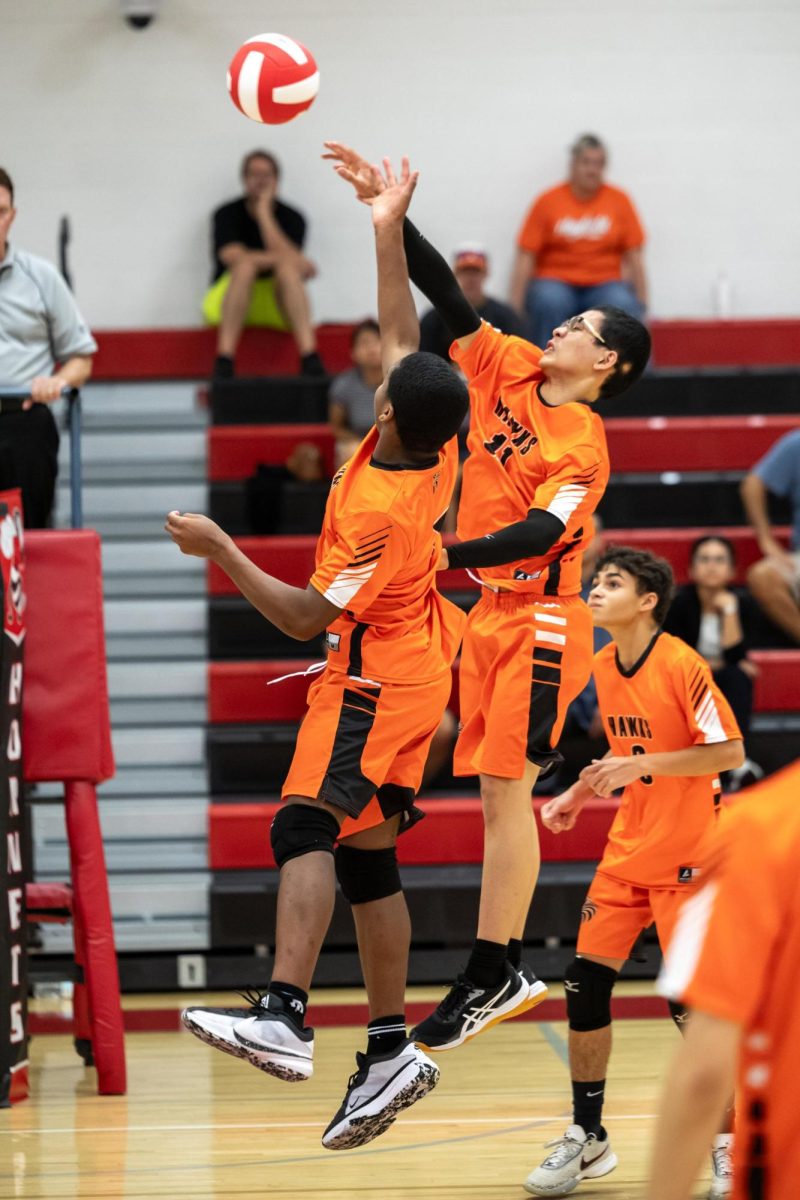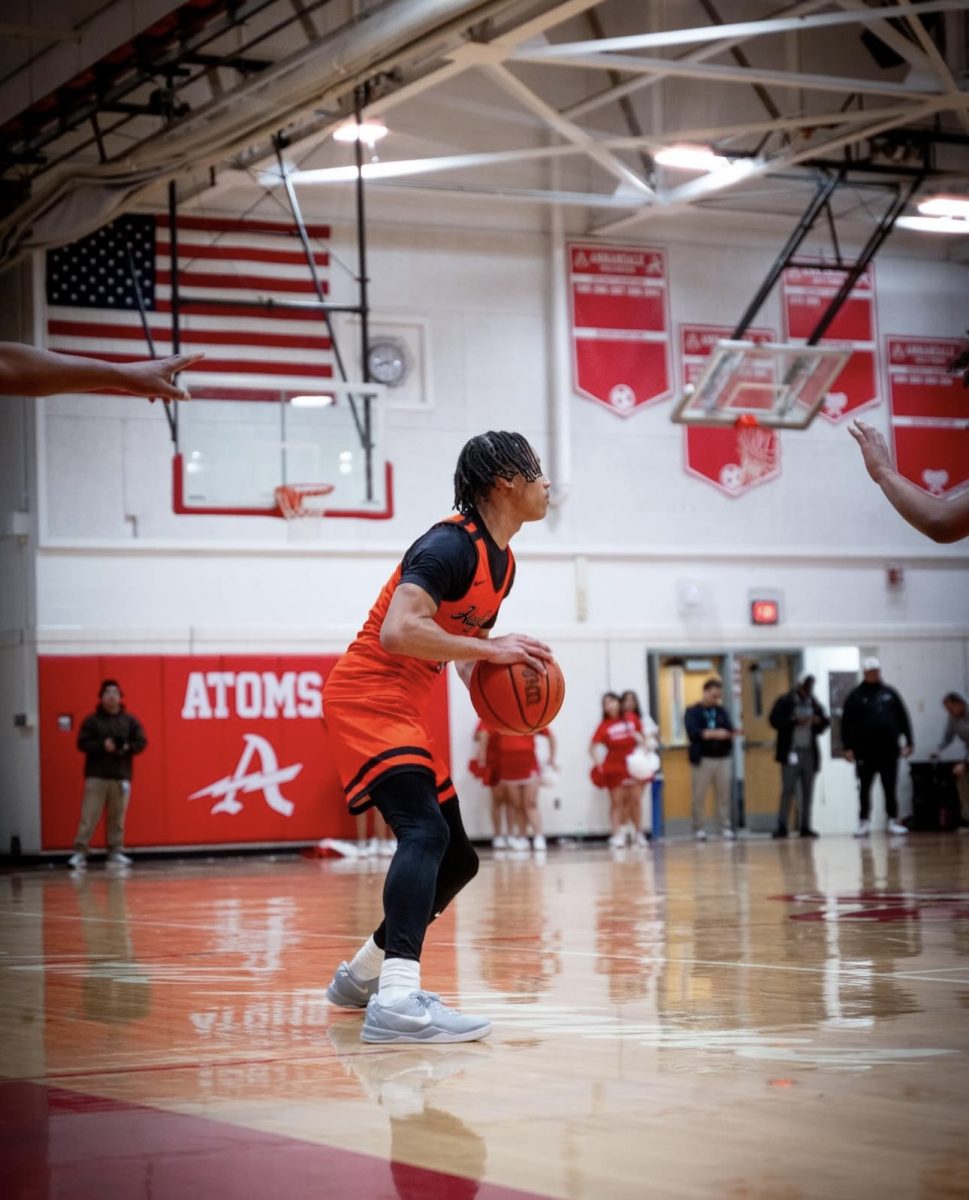A common narrative amongst all athletes is that their performance and ability to win is their top priority and their ability to do this drastically affects their emotions. By the same token, most of the praise they receive from others whether it be family friends or just those around them is due to their performance and/or winningness. But how do you think this pressure affects them?
It’s no secret that this pressure takes a toll on athletes, especially those that take an exceptional amount of pride in what they do. There are many significant examples in the world of athletics that can prove this.
In an article written by Rob Maadi, he speaks on the former NFL Steeler’s wide receiver, Antonio Brown, as he highlights the severity of Brown’s mental health as many people see it as a joke to make.
“Brown’s mental health is no joke to be trivialized by a meme,” Rob Maadi said.
But this mental stress doesn’t just start at the highest level, it merely begins in student athletes in high school as they try to acclimate to the constant pressure put on them to perform exceptionally well for their friends, family, and fans.
Senior Kyle Marshall, a lacrosse player at Hayfield, also spoke on the effects of being a thriving athlete involved in high school sports.
“Sports can cause stress for me and a tough practice or game can really take a toll on my mind,” he said.
As many players begin to fall into the mold of being a student athlete, they can often lose sight of themselves and potentially as if their identity revolves only around the sport and how they perform.
“My image is based on my success because that’s how people are able to recognize me off the court,” Hayfield Varsity basketball player Junior Parker Cage said.
However, sports are not all disappointing and can just as easily improve the mood of athletes.
“Lacrosse boosts my emotions with my teammates and overall brings me into a better mood,” Marshall said.
The stigma surrounding the mental health of athletes is ultimately overlooked, and a club at our school, “Morgan’s Message” does a great job at bringing what is often overlooked in the mental health of athletes to light.
Junior Aziza Lutfi, president of Morgan’s Message, wholeheartedly believes that her club “creates a community and safe space within student athletes” and does this in order to highlight the importance of these athletes outside of just their sport.
Overall, the way student athletes feel matters. They should be applauded for their ability to manage both school, sports, and the stress of everyday life and should remain seen as who they are, not just how they play.



























